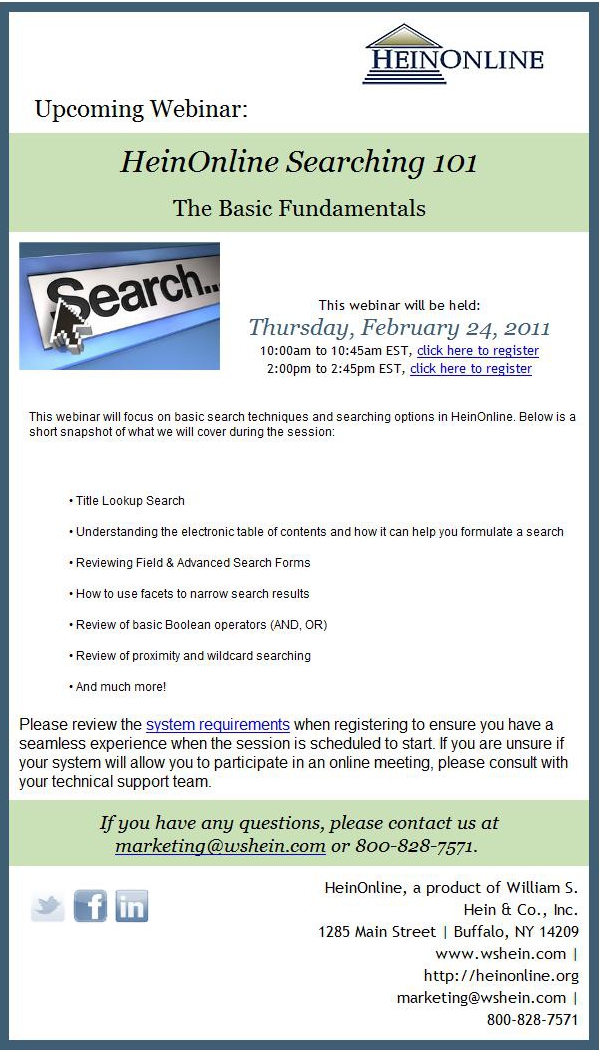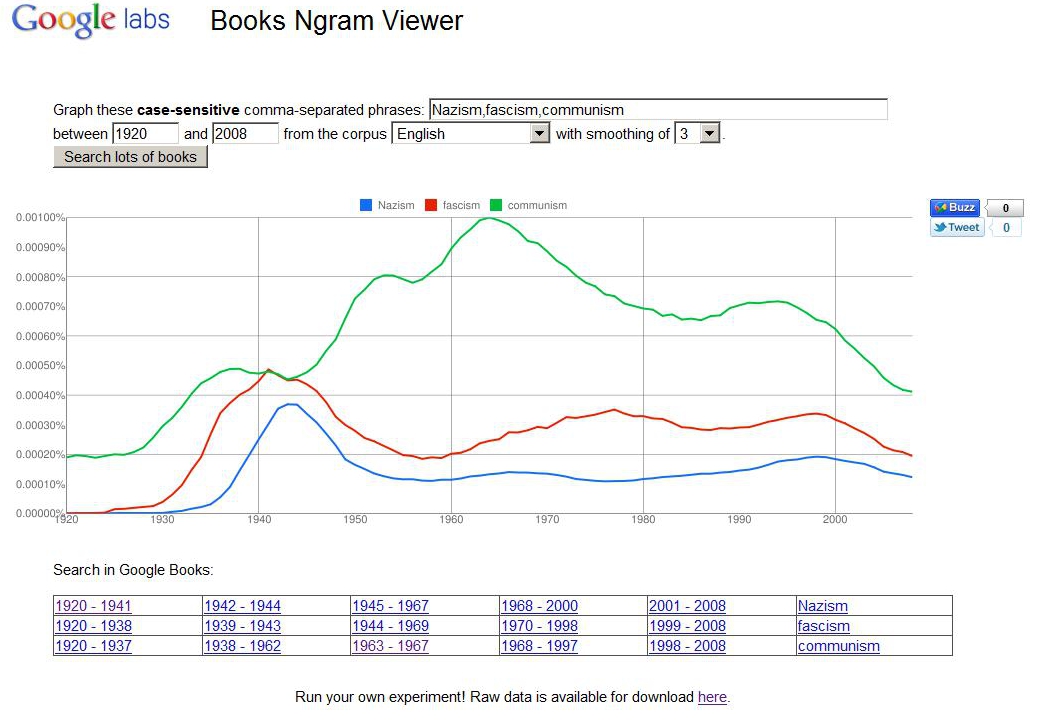If you are going to be clerking for a judge or are considering clerking for a judge in any of the federal district courts or courts of appeal, the Almanac of the Federal Judiciary is a great place to learn about federal judges. The Almanac comes in two large binders and is filled with interesting information (it is not available electronically). Volume 1 is organized by circuit and covers all the judges in the district courts. The second volume covers all the circuit courts.
The Almanac gives general information about judges from various sources, but relies heavily on information provided by judges to the Senate Judiciary Committee. Books and articles written by the judge are listed. Summaries or excerpts of testimony of judicial nominees or witnesses are supplied if of interest. Noteworthy Rulings, summaries of cases reported in the press and some recommended by the judges themselves, are included. In addition to coverage of cases, Media Coverage picks up other stories about the judges.
Of keen interest to students is the Lawyer’s Evaluation of each judge. The evaluations are collective opinions of a cross section of lawyers and former law clerks. The evaluations note where there is a division of opinion. Evaluations note the judges’ demeanor and, for the district court judges, their trial philosophies, settlement activity, and leanings in criminal cases and sentencing. The Evaluations give a useful insight into the judge’s temperament. Some quotes give a taste of what is included:
“He is always courteous and impeccably polite.”
“He micro-manages trials.”
“He is a stickler for evidentiary rules. He likes to get caught up in evidentiary hearings. He might require briefs every night.”
“He will not allow anyone to talk in his courtroom.”
“Her legal ability is very good. She is brilliant.”
“He can be very intimidating. He has been known to shout at lawyers.”
“He has a sense of humor….He does not torment the lawyers.”
“He is pretty active in oral argument”
At oral argument “[h]is demeanor is sphinx-like.”
In addition to evaluations of appellate judges, Volume 2 gives Lawyer’s Comments on the various circuits overall.
The Almanac is updated frequently to include newcomers to the bench. The Almanac also covers bankruptcy judges and magistrates.
This helpful set is on reserve. Ask for it at the circulation desk, call number KF8775.A6 A44 1984.
 We are in the thick of the spring semester, and you have papers and projects underway. You may find that you could benefit from an hour or two of a workshop to gain some research skills or database finesse, for sources not strictly legal. All across campus, workshops are offered by various libraries at Cornell. Topics range from managing data sets to business research, from statistical databases to PowerPoint.
We are in the thick of the spring semester, and you have papers and projects underway. You may find that you could benefit from an hour or two of a workshop to gain some research skills or database finesse, for sources not strictly legal. All across campus, workshops are offered by various libraries at Cornell. Topics range from managing data sets to business research, from statistical databases to PowerPoint.








